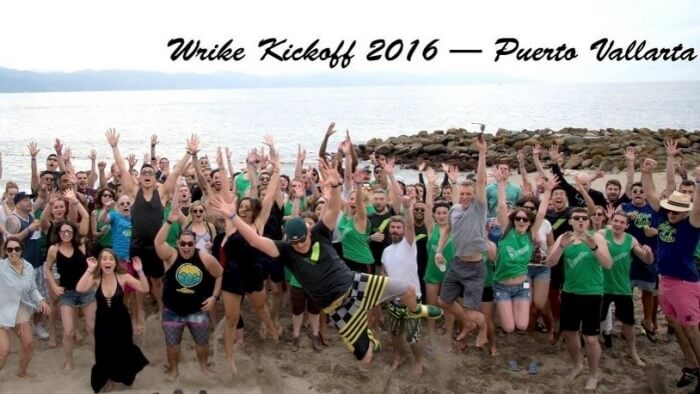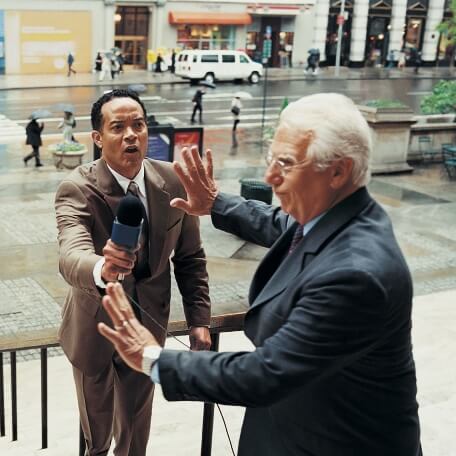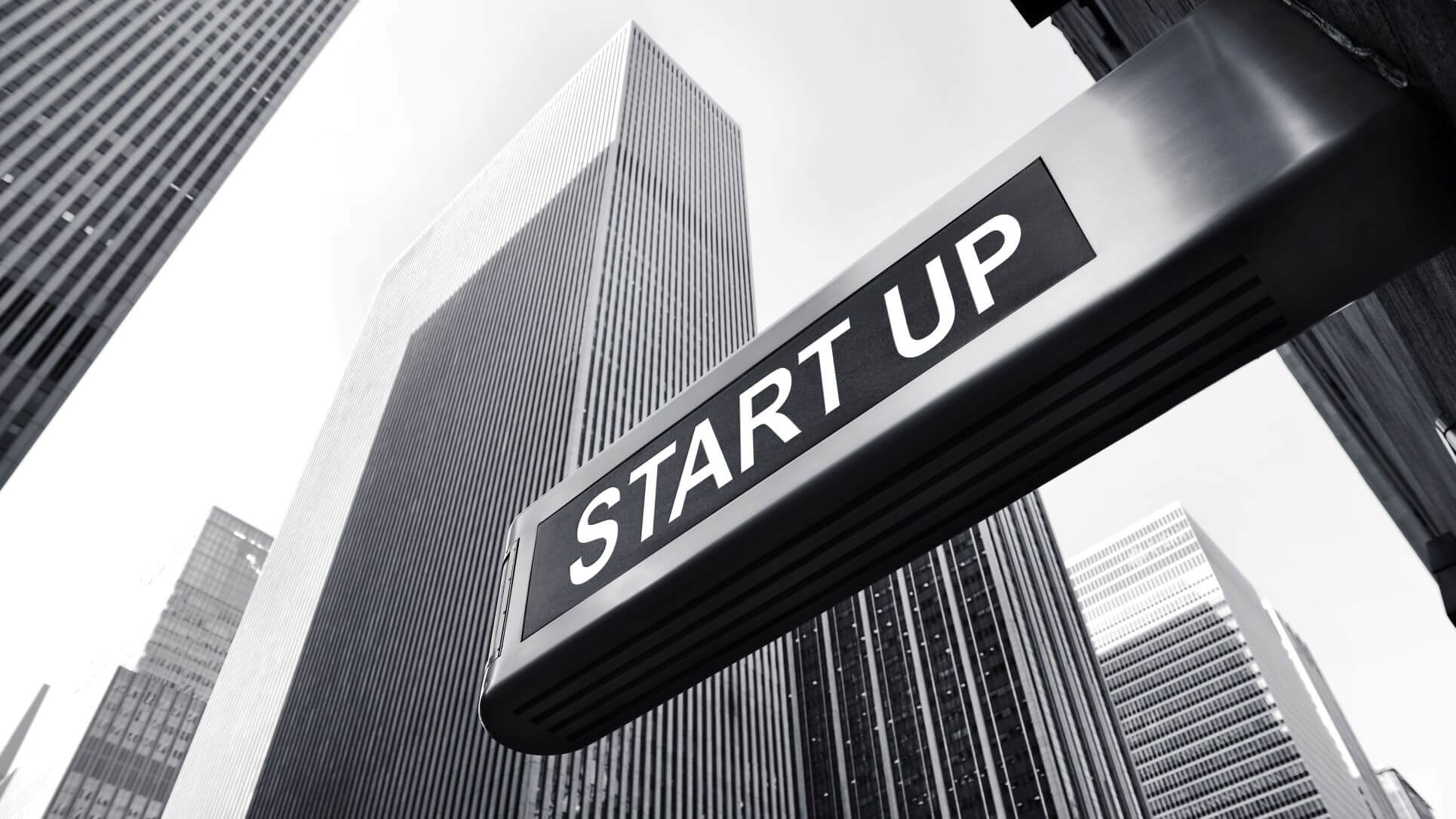Andrew Filev explains how Ewan McGregor and meetings in tiny rooms of Texan middle managers made Wrike the business it is today.
Andrew Filev: How Ewan McGregor Saved My Business
Andrew Filev explains how Ewan McGregor and meetings in tiny rooms of Texan middle managers made Wrike the business it is today.
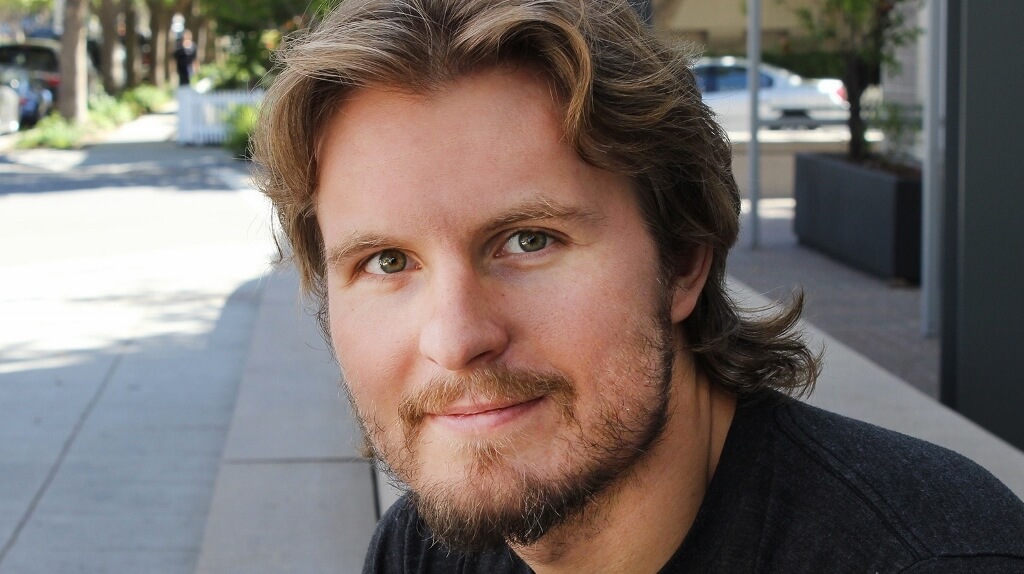
Collaboration software business Wrike has come a long way since it founded in 2007. Below, boss Andrew Filev recalls the early days personally replying to support tickets, presenting to tiny audiences and inadvertently learning an important business lesson from Ewan McGregor.
Tell us about the business.
Our mission at Wrike is to make teams insanely productive. We do that by building an app that lets our users work together from anywhere in the world. It has task management, project management and collaboration features.
We have thousands of customers including startups and enterprises, and they all use Wrike because they want to get more work done with less stress for their employees.
Where did the inspiration come from?
I got the idea because I had another company that needed a solution like ours. We had more than 100 engineers in countries all over Europe, and I realised I was spending too much time in chats, emails and meetings. And I knew that had to change.
I knew there would be demand because the feedback I heard from friends was all the same - they told me they had the same problems at their jobs and that they had tried a few of the solutions available, and nothing had worked for their style. I knew if I could make something more flexible, there would be a lot of people that wanted it.
Plot the growth story to today.
We launched in 2007 and never raised venture capital until 2012. Five years bootstrapped is a long time in Silicon Valley, but I felt it was important to make sure the model was working before I took money to scale. For five years, it was just a few of us.
We still have some customers who remember me answering their support tickets back then. It was hard work but a really fun time.
Once we raised our first round, things really took off. We were able to invest more into marketing, so our customer base grew from just a few thousand businesses to 10,000 in about 2 years. Part of that growth came from product enhancements we built that appealed to more businesses than ever.
From a staff perspective, in 2013 we had about 60 employees, and now we have over 300. So we've been hiring like crazy, and working to make sure we're keeping the culture strong as we bring in new talent.
Is your market mature or fledgling?
Wrike is accessible through the web, so any business in the world with access to the free internet is a potential customer. We have many competitors who are taking different approaches to what we do, and I imagine there will be more in the future.
Most of our competitors are startups - there's no product from Google or Salesforce or any other giant that competes with us directly.
Our goal is to win as much business as we can. It's hard to put a number on it, but just like people say "Google it," for searches, we want to be in a world where people to say "Wrike it" for collaborating and managing their work.
What problems did you encounter and what was the solution?
The 2008 economic downturn was a difficult period. We were just getting off the ground, and I was basically running the company by myself at that point. With no investment capital to draw upon, it got hairy.
Fortunately, the economy recovered and gradually our customer acquisition rate began to climb again. The lesson I learned then was that there are a lot of things that are beyond your control, but if you stay calm and react in a measured way, you can get through.
How did you spread the word about Wrike?
In our early years I used to speak regularly at project management events all around the US. These were usually small, regional events, so if you can imagine me as a 26-year-old immigrant from Russia, flying to the middle of Texas to speak to a room of 30 project managers, that's the kind of stuff I would do.
As a funded company, those memories now feel surreal, but we made a lot of great connections, and I still keep in touch with a lot of the people I met in those days. It helped build our reputation in the days when project management in the cloud wasn't on anyone's mind.
What the hardest thing about being in business?
The hardest thing is prioritising objectives. Because Wrike is Cloud-based, you have the opportunity to continuously make the product better, so we're continually asking, "what do we build next?" It's not easy to balance the need to pursue new markets with the need to keep offering new value to your existing customers.
It's fulfilling when we get it right, and see an uptick in new accounts, and also get rave reviews from our current users. When we know that we just saved someone a lot of time and made their workday easier, that's really rewarding.
What is your biggest mistake?
I'm lucky that I haven't made any catastrophic mistakes. That's partly because I rely on the collective wisdom of our team, and partly because we like to test things before we throw our cards on table. But there have been some mistakes along the way.
One of them came around the 2008 downturn. Because the economy was slowing, my instinct was to overcompensate and dump more money into Google Adwords. My thought process was that if fewer people were willing to spend money on our software, I had to spend more money to find the ones that were.
So I kept pumping in money, and of all things, a movie made me realise my mistake. One night I caught the movie "Rogue Trader" with Ewan McGregor, and he was doing what I was doing.
He had gotten himself into some trouble, and brought down a massive bank trying to spend his way out of it. I realised then that I needed to back off the spending, and instead become more efficient. Within a few weeks, we were getting the same results with half the cost.
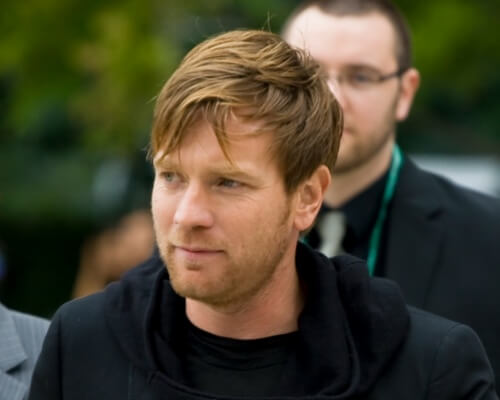
Ewan McGregor: an unusual source of business inspiration (credit: Josh Jensen/Flickr)
Why is your business different from the rest?
The "work management" world is basically divided into two camps: easy to use software without many features, and complex software with powerful capabilities. We try to be powerful, but simple enough that you don't need a doctorate degree or an IT guy to figure out Wrike. That’s the key way we differentiate our product.
On our team, bootstrapping is a part of our identity. Some of our competitors were founded by multimillionaires with huge investments, so we have a David vs. Goliath mentality. Our team has pride in knowing that we've earned our success.
We are also really lucky to have a lot of very loyal customers. Some people have told me that they feel like they talk about Wrike so much people ask if they work for us. It's been great for us, because "word of mouth" goes a long way in bringing more customers.
How do you keep your people motivated?
I believe in continuous improvement, and I try to hire people who share that value. Our CRO Seth Shaw, for example, is a big advocate of building a culture of promotion from within.
I also believe that the majority of the recruiting should be done by in-house team, and that hiring managers should be strong drivers in that process. It gives us a lot of ability to look for culture fit as well as experience, and make sure we're bringing in positive, pleasant people.
What are your top three tips for people starting a business today?
1. Start a business you're passionate about.
2. Build a team of people that you love to work with.
3. Become better at what you do every day.
Thanks for signing up to Minutehack alerts.
Brilliant editorials heading your way soon.
Okay, Thanks!